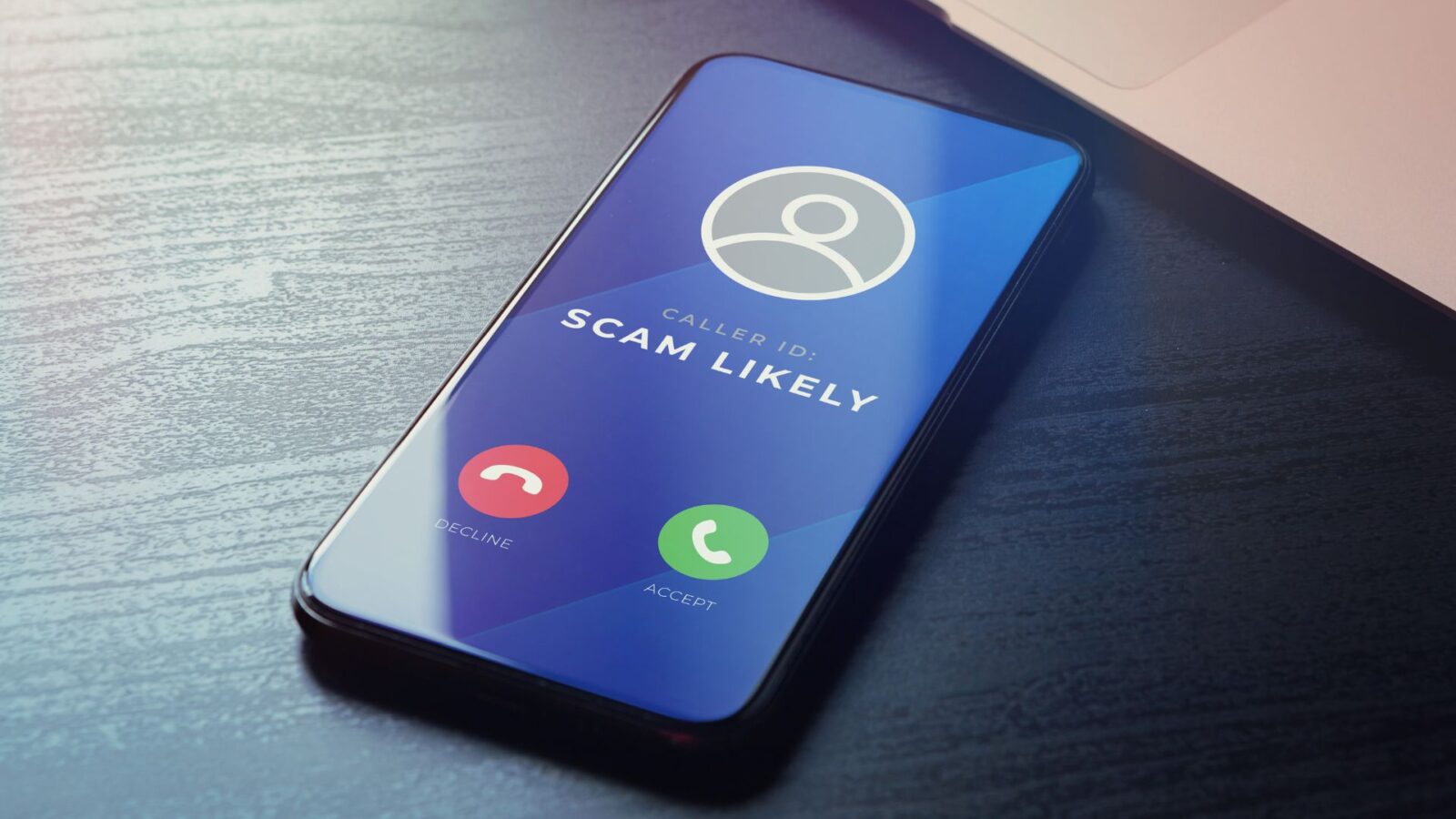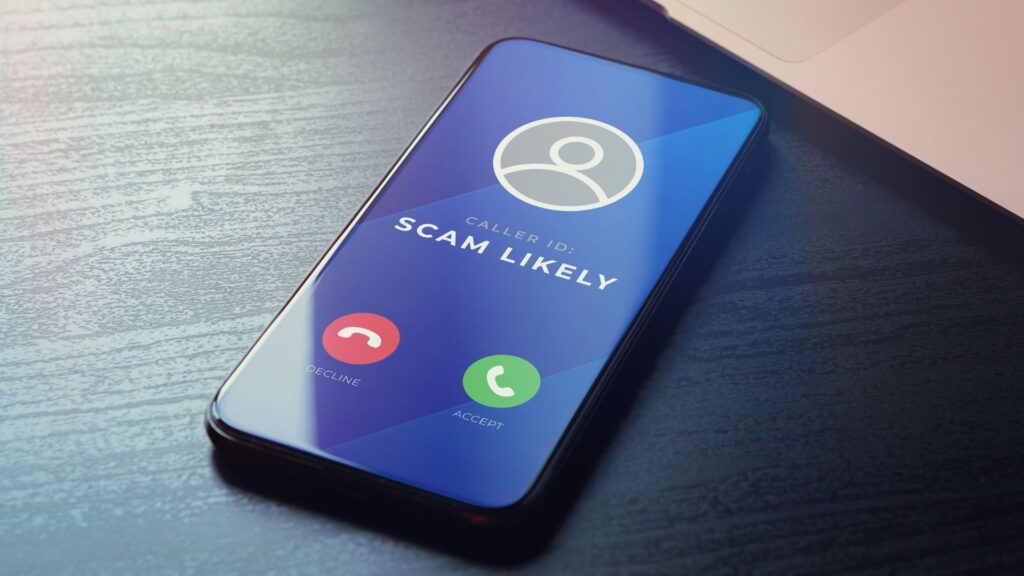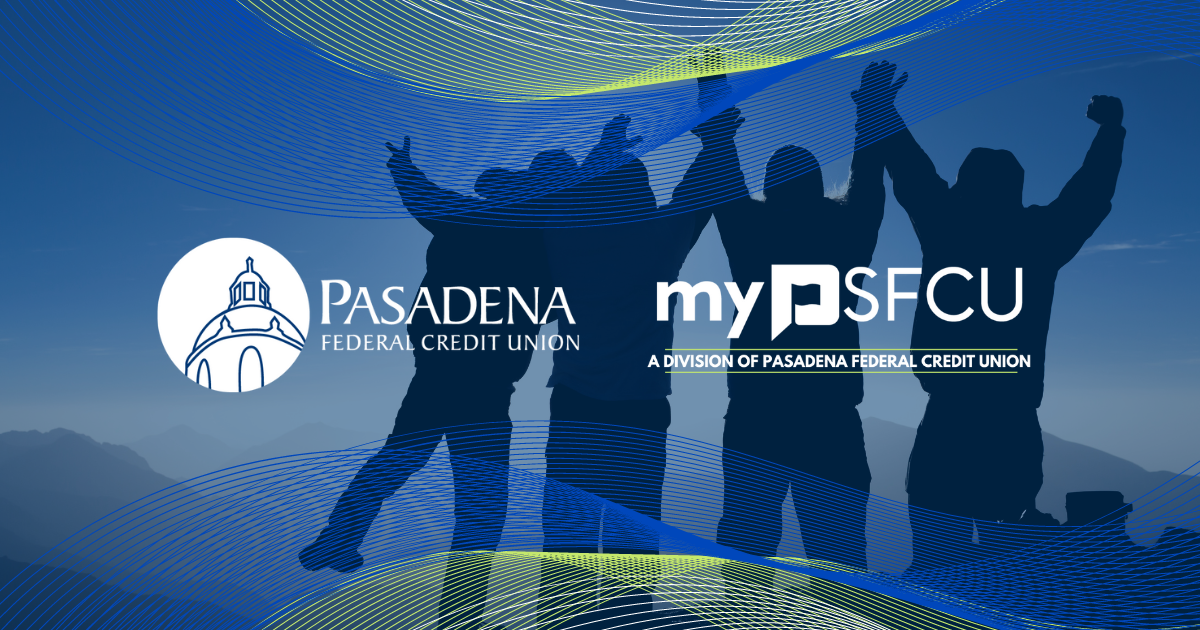As the holiday season comes to an end, scams and identity theft are still on the rise. These scams, fraud, phishing, and identity theft tactics are all serious threats to your financial security and personal information. It’s important for our members to be aware of these risks and to take steps to protect themselves.
Scams and Fraud
Scams are attempts to con people out of money or personal information through deceptive or misleading means. These can come in the form of phone calls, emails, or even face-to-face interactions. Some common scams include fake charities, lottery or sweepstakes schemes, and investment fraud. To protect yourself from scams, always be wary of unsolicited offers, do your research before giving out personal information or money, and never wire money to someone you don’t know.
Consumer.gov summarizes imposter scams as involving a dishonest individual deceiving and manipulating you into sending them money, either through phone calls, emails, or texts.
- They may ask you to purchase a gift card or wire money as payment.
- These imposters may claim to be from a tech support company, government agency, or pretend to be a friend in need, offering a prize or falsely stating that you owe them money.
- It’s important to remember that these are all tactics used to trick you and that once you pay with a gift card or wire money, it’s gone and cannot be retrieved.
Below is an example of the different types of scams criminals used in 2022, such as Zelle Payment scams, Tax Credit scams, and more. It is still applicable in 2023, so best if you familiarize yourself to avoid this type of scam!
Phishing
Phishing is when someone tries to obtain sensitive information such as passwords, account numbers, or social security numbers through fake emails or websites that appear legitimate. These emails often claim to be from a bank, government agency, or other trusted organization and may contain links to fake login pages or attachments that can infect your computer with malware. To protect yourself from phishing, never click on links or download attachments from unknown sources, and be sure to use strong, unique passwords for all of your accounts. Watch the video below to learn more about phishing scams and how to avoid them.
Identity Theft
Identity theft is a serious crime that involves someone using your personal information without your consent. This can include your name and address, credit card or bank account numbers, Social Security number, and medical insurance account numbers. If someone steals your identity, you may be held responsible for their actions and may have to pay for what they purchase, even if you are unaware of the bills. This can result in damage to your credit and other financial issues. To protect yourself from identity theft, it’s important to keep your personal information private and monitor your accounts regularly. Below is a more detailed explanation of what identity theft is and how it affects you.
Recovering from scams, fraud, and identity theft
If you’ve fallen victim to a scam, fraud, or phishing attack, it’s important to take immediate action to minimize the damage and protect yourself from further harm. Here are some steps you can take to recover from these types of crimes:
- Contact your credit union/bank or credit card company – If you’ve lost money or had your financial information compromised, you’ll want to alert your bank or credit card company as soon as possible. They can help you cancel any compromised accounts and protect you from further unauthorized charges.
- File an Identity Theft Report – an Identity Theft Report helps you fix your bills and your credit report. Your Identity Theft Report tells your creditors that you should not have to pay for what the identity thief spent. You get an Identity Theft Report when you report a problem to IdentityTheft.gov. This is your statement about what happened. It lists what accounts are not yours and what charges you did not make.
- Report the incident to the authorities – If you’ve been the victim of a scam or fraud, it’s important to report it to the proper authorities. You can file a report with your local police department, the FBI’s Internet Crime Complaint Center, or the Federal Trade Commission (FTC).
- Change your passwords – If you’ve fallen victim to a phishing attack, you’ll want to change the passwords for any accounts that may have been compromised. Be sure to use strong, unique passwords and enable two-factor authentication whenever possible.
- Monitor your accounts and credit reports – Keep an eye on your bank and credit card statements, as well as your credit reports, to ensure that no further unauthorized activity is taking place. You can also consider placing a fraud alert or credit freeze on your accounts to prevent any new accounts from being opened in your name.
- Seek support – If you’re feeling overwhelmed or stressed after experiencing a scam, fraud, or phishing attack, it’s important to seek support from trusted friends, family, or professionals. You can also reach out to organizations such as the FTC or the Identity Theft Resource Center for assistance.
Resources from myPSFCU
By following these steps, you can take control of the situation and start the process of recovering from a scam, fraud, or phishing attack. Remember, you are not alone, and there are resources available to help you through this difficult time. Your myClub and myPremium checking account comes with IDProtect® to protect you against the nation’s fastest growing crime. IDProtect®, comes with your myClub and myPremium checking account for free with these benefits:
- ID theft recovery kit to aid in the restoration of identity
- Toll-free access to a dedicated consumer fraud recovery specialist who can walk you through the process of reclaiming your identity.
- FCRA and FACTA certified recovery specialist.
- Online identity theft news center, and valuable phone and web resources to safeguard identity.
- Debit and credit card registration.
- Total Identity Monitoring – monitoring over 1,000 non-credit databases where identity theft could be evident.
- 3-in-1 credit file monitoring – providing daily monitoring and automated alerts of key changes to Equifax, Experian and TransUnion credit reports. Includes access to your credit score and 3-in-1 credit report.
If someone claims to be from myPSFCU and you suspect it’s a scam, do not give them your personal information. Send us an email at [email protected] or call us. You can also leave us a text message by texting SCAM to 877-297-4707.




